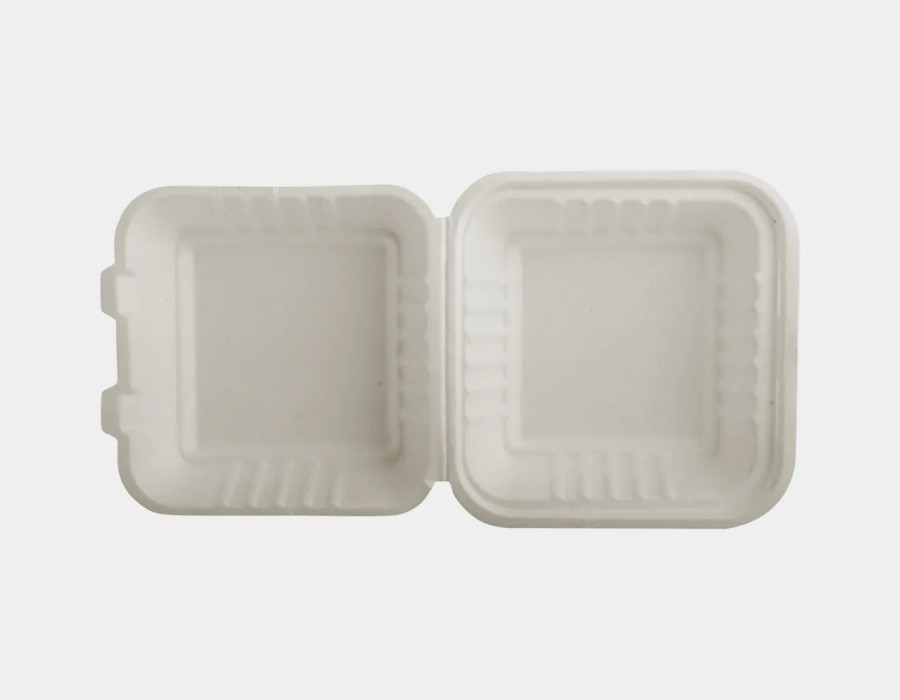In the growing market for sustainable packaging, ensuring the quality of biodegradable food containers is essential for customer satisfaction and environmental impact. Manufacturers must balance eco-friendliness with performance to meet consumer demands. Here's a look at how biodegradable food container manufacturers ensure product quality at every stage.
Selecting High-Quality Raw Materials
The foundation of any quality product lies in its materials. Manufacturers use renewable and biodegradable resources like bagasse, cornstarch, or PLA (polylactic acid). These materials are rigorously tested to ensure they meet durability, compostability, and food safety standards.
Stringent Manufacturing Processes
Advanced machinery and production techniques are employed to mold biodegradable containers that are sturdy, leak-proof, and heat-resistant. Continuous monitoring during manufacturing helps eliminate defects and maintain consistency across batches.
Compliance with Food Safety Standards
Biodegradable food containers must be safe for direct contact with food. Manufacturers adhere to strict food safety regulations such as FDA guidelines or equivalent international standards. They ensure the containers do not leach harmful chemicals or compromise food quality.
Conducting Rigorous Quality Tests
Before products reach the market, they undergo extensive testing, including:
- Leak resistance: To prevent spillage and maintain functionality.
- Temperature tolerance: To ensure performance with both hot and cold foods.
- Durability checks: To verify structural integrity during storage and transport.
Implementing Eco-Certifications
Reputable manufacturers seek third-party certifications to validate the sustainability of their products. Labels such as “Compostable,” “BPI Certified,” or “OK Compost” assure consumers that the containers meet global standards for biodegradability and environmental safety.
Ensuring End-of-Life Compatibility
Quality in biodegradable containers extends to their disposal. Manufacturers design products compatible with composting systems, ensuring they decompose efficiently without leaving toxic residues. This approach aligns with environmental goals while enhancing customer trust.
Customer Feedback Integration
Manufacturers actively collect and analyze customer feedback to refine their products. Whether addressing concerns about container sturdiness or improving lid fit, this iterative approach helps maintain high standards and adapt to market needs.
Leveraging Innovation and Research
Staying at the forefront of innovation is key. Manufacturers invest in research and development to create containers that are lighter, stronger, and more functional, all while enhancing biodegradability.
Conclusion
Biodegradable food container manufacturers prioritize quality through material selection, rigorous testing, and adherence to eco-friendly standards. These practices not only ensure exceptional product performance but also reinforce their commitment to sustainability. By choosing quality biodegradable containers, businesses and consumers contribute to a greener planet without compromising on reliability.





Comments